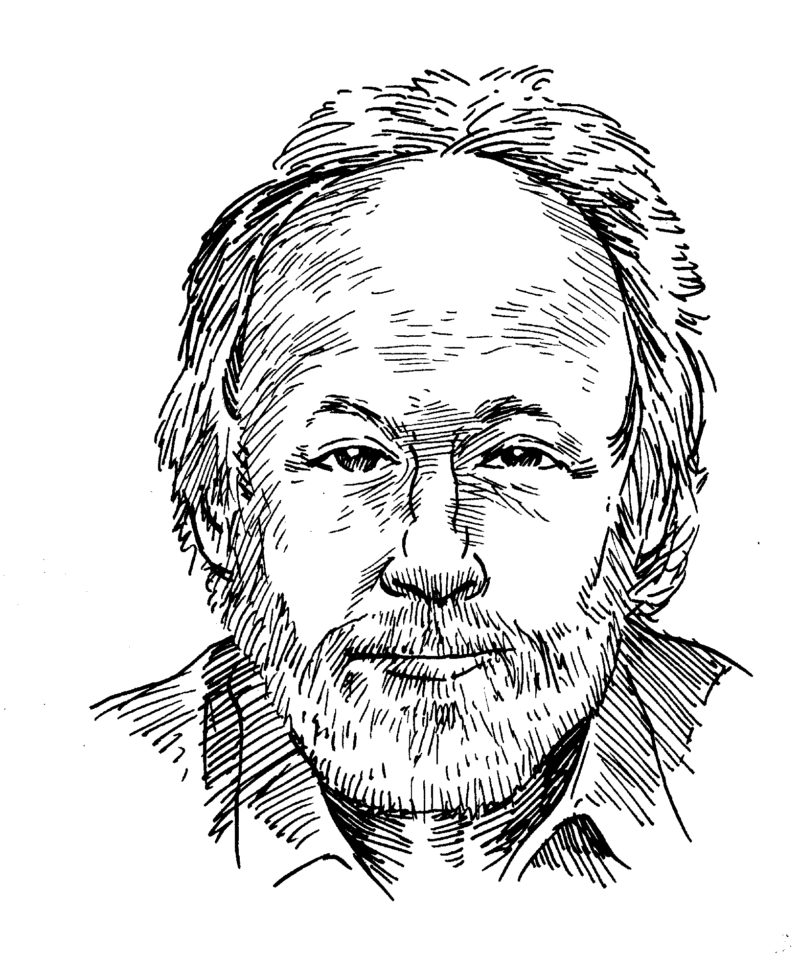Early on in Horizon, Barry Lopez’s urgent new book, he admits to feeling anxious about the future, about what will become of us during the long, dire unraveling of global climate change—“with an indifferent natural world bearing down on us” amid our deepening cultural divides. Which isn’t to say it’s a doomsday book. In the larger scheme of Horizon, climate change is a minor subplot. While it may be true that we should all be hoarding canned goods and firearms and building heavily fortified compounds far above sea level, Lopez doesn’t traffic in dystopian despair. He’s trying, partly for his own sake and partly for ours, to understand how we got here and what, if anything, we might do to save ourselves.
In a career spanning five decades, Lopez has given us a steady infusion of sanity and bigheartedness, no matter his subject. Known best for two early nonfiction works, Of Wolves and Men (1978) and Arctic Dreams (1986)—the latter a winner of the National Book Award—he’s also an unsung master of short fiction (Winter Count, Field Notes, and Light Action in the Caribbean, to name just three slim wonders). Such ambidexterity, it goes without saying, makes him a rare bird in contemporary literature.
At the root of much of his writing, both fiction and non-, is a tension between the natural and the domesticated worlds, between rural and urban landscapes, and in our attempts to control nature while being part of it. Take the narrator of “Winter Herons,” from his 1981 story collection Winter Count, a bumpkin transplant to Manhattan who gets struck dumb one evening by a seemingly innocuous sight: “The young ginkgo trees spaced so evenly along the edge of the avenue seemed like prisoners to him, indentured ten thousand miles from China.”
Lopez spent his formative years in California’s San Fernando Valley, during the last wild days of the Los Angeles River, before it was paved over. By his telling, he was outdoors all the time, inhabiting what he calls a “borderland” between farmland and the rural fringes that was just starting to succumb to industrial sprawl. At college in the Midwest, he began taking weekend road trips with a friend—impromptu, open-ended journeys fueled by the vaguest sense of where they were headed and why, and by a desire to simply go and see what was out there. In the fifty-odd years since, Lopez has rarely stopped moving.
Horizon is, among other things, the culmination of a lifetime of intense travel, or “sojourning,” as he calls it—to Antarctica, the Canadian High Arctic, Tasmania, the Galápagos...
You have reached your article limit
Sign up for a digital subscription and continue reading all new issues, plus our entire archives, for just $1.50/month.
Already a subscriber? Sign in





